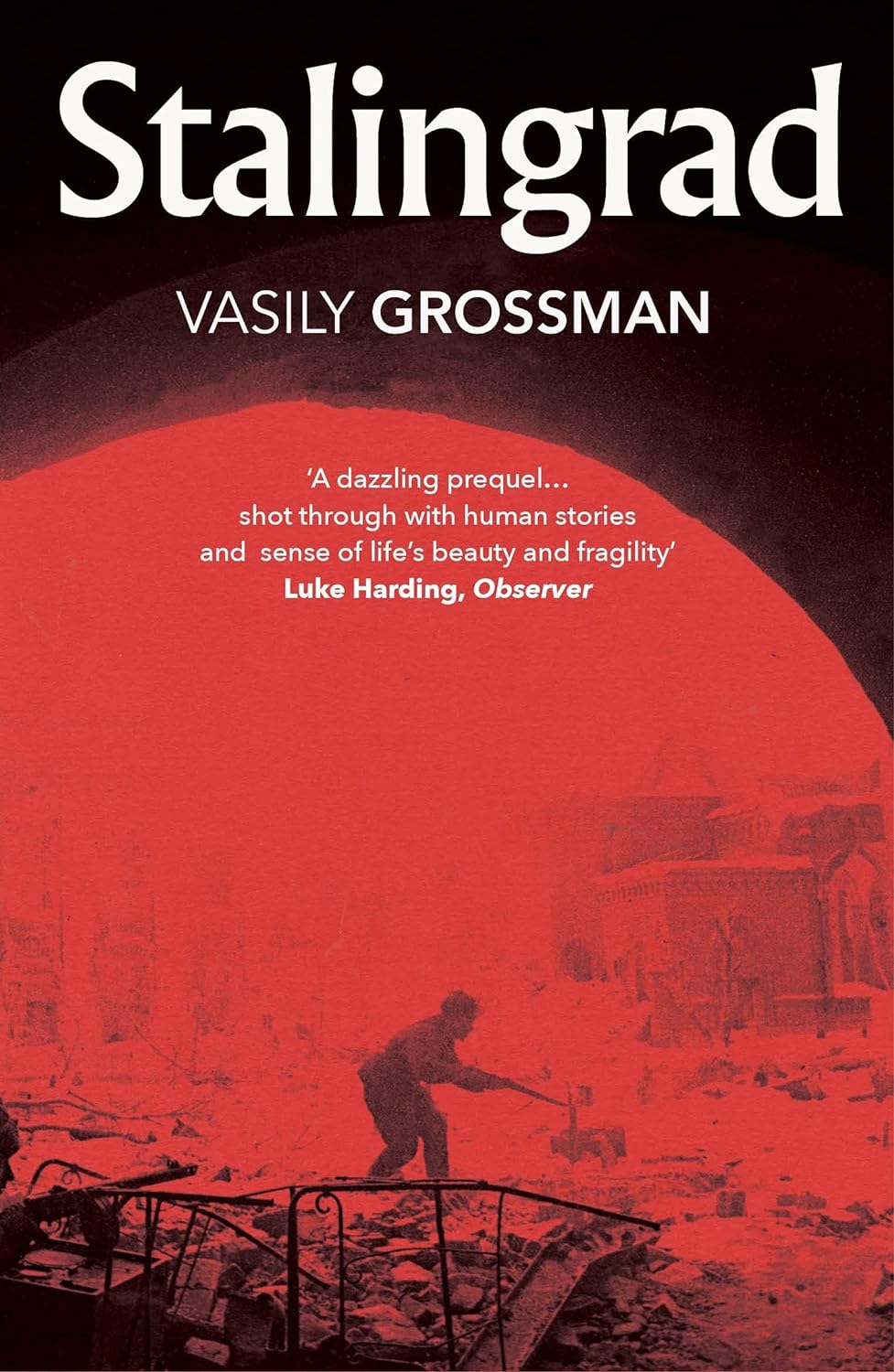'One of the great novels of the 20th century' Observer
In April 1942, Hitler and Mussolini plan the huge offensive on the Eastern Front that will culminate in the greatest battle in human history.
Hundreds of miles away, Pyotr Vavilov receives his call-up papers and spends a final night with his wife and children in the hut that is his home. As war approaches, the Shaposhnikov family gathers for a meal: despite her age, Alexandra will soon become a refugee; Tolya will enlist in the reserves; Vera, a nurse, will fall in love with a wounded pilot; and Viktor Shtrum will receive a letter from his doomed mother which will haunt him forever.
The war will consume the lives of a huge cast of characters - lives which express Grossman's grand themes of the nation and the individual, nature's beauty and war's cruelty, love and separation.
For months, Soviet forces are driven back inexorably by the German advance eastward and eventually Stalingrad is all that remains between the invaders and victory. The city stands on a cliff top by the Volga River. The battle for Stalingrad - a maelstrom of violence and firepower - will reduce it to ruins. But it will also be the cradle of a new sense of hope.
Stalingrad is a magnificent novel not only of war but of all human life: its subjects are mothers and daughters, husbands and brothers, generals, nurses, political officers, steelworkers, tractor girls. It is tender, epic, and a testament to the power of the human spirit.

